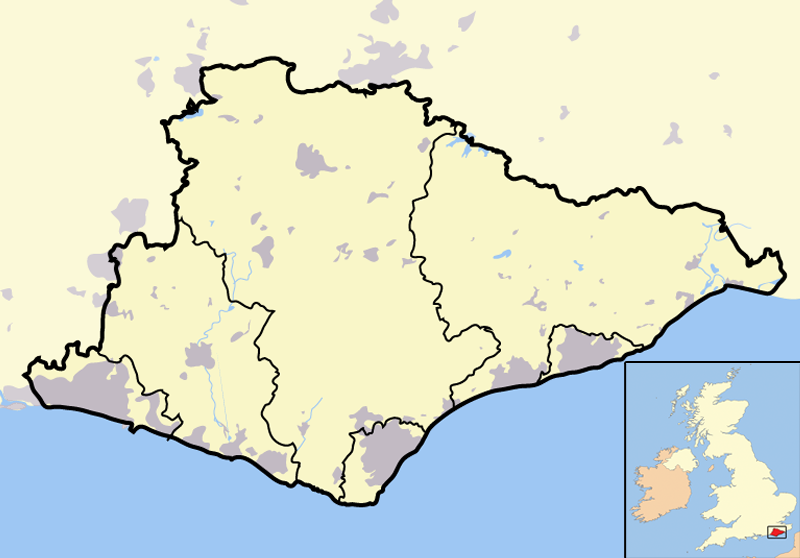| 正面 | 734.east 英 [iːst]美 [ist]     |
|---|---|
| 背面 |      释义: 1、from PIE root *skeud- "to shoot, to chase, to throw, to project".2、具有同源性的单词:scoot, scud, shoot.n. 东方;东风;东方国家adj. 东方的;向东的;从东方来的adv. 向东方,在东方n. (East)人名;(英)伊斯特 例句: 1. Big credits were given to East Germany by successive West German governments.历届西德政府给予东德大量的贷款。 east 东方的来自PIE*aus, 光照,照耀,词源同aurora, aureate. easteast: [OE] Etymologically, east is the point of the compass at which the sun rises (and hence is a parallel formation to orient, which comes from a Latin word originally meaning ‘rising’). It goes back to an Indo-European base *aus-, source of a range of terms meaning not only ‘east’ but also ‘dawn’; Latin aurora, for instance, and Greek aúōs, had both senses.Its Germanic descendant, *austo-, produced German ost, Dutch oosten, Swedish öster, and English east (which was subsequently borrowed by French as est). It was also the source of *Austron, the name of a goddess of the prehistoric Germanic peoples, originally the dawn-goddess, whose festival occurred in spring. In Old English her name was Ēastre, which is generally taken to be the ultimate source of English Easter (German Ostern ‘Easter’ has a parallel origin).=> eastereastOld English east, eastan (adj., adv.) "east, easterly, eastward;" easte (n.), from Proto-Germanic *aust- "east," literally "toward the sunrise" (cognates: Old Frisian ast "east," aster "eastward," Dutch oost Old Saxon ost, Old High German ostan, German Ost, Old Norse austr "from the east"), from PIE *aus- (1) "to shine," especially of the dawn (cognates: Sanskrit ushas "dawn;" Greek aurion "morning;" Old Irish usah, Lithuanian auszra "dawn;" Latin aurora "dawn," auster "south;" see aurora). The east is the direction in which dawn breaks. For theory of shift in the geographical sense in Latin, see Australia. As one of the four cardinal points of the compass, from c. 1200. Meaning "the eastern part of the world" (from Europe) is from c. 1300. Cold War use of East for "communist states" first recorded 1951. French est, Spanish este are borrowings from Middle English, originally nautical. The east wind in Biblical Palestine was scorching and destructive (as in Ezek. xvii:10); in New England it is bleak, wet, unhealthful. East End of London so called by 1846; East Side of Manhattan so called from 1871; East Indies (India and Southeast Asia) so called 1590s to distinguish them from the West Indies." |